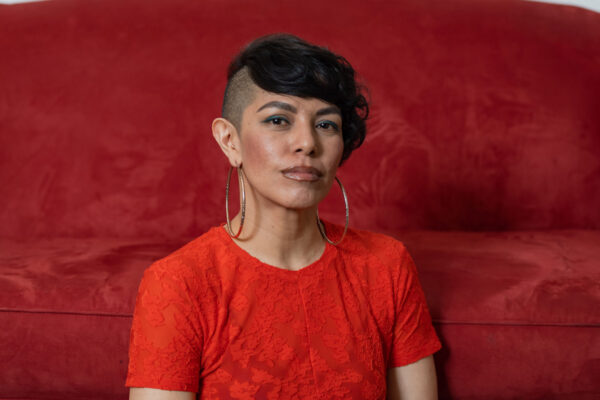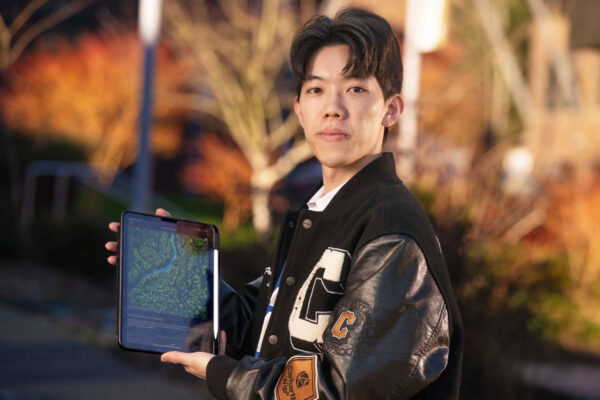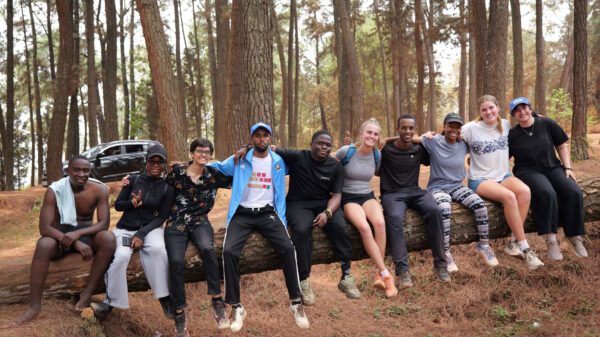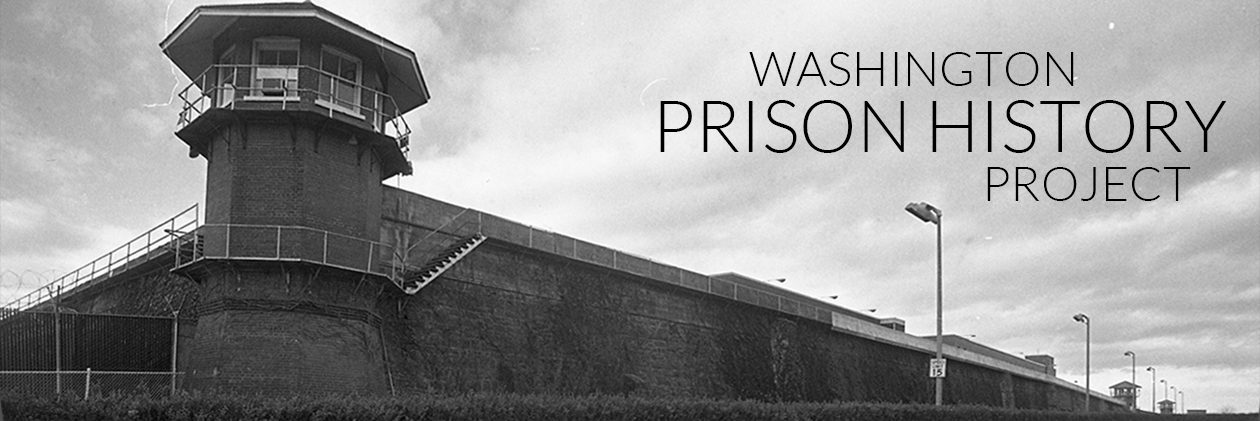
The Washington Prison History Project sheds new light on the prison experience, said Dan Berger, a historian who has been compiling documents for the past two years with the University of Washington Bothell and Cascadia College campus library.
Recently launched as part of the library’s digital archives, the project contains hundreds of papers and photos by and about incarcerated people in state prisons since the 1960s. The archive is freely available to the public.
“This is one of the only websites that exist like this — that tackle an archive of a state-based experiment with prison reform and mass incarceration,” said Berger, an associate professor of Comparative Ethnic Studies in UW Bothell’s School of Interdisciplinary Arts & Sciences. Berger is the author of several books on incarceration and social movements, including the award-winning “Captive Nation: Black Prison Organizing in the Civil Rights Era,” and co-author of “Rethinking the American Prison Movement.”
Under Sarah Leadley, library director, the works of incarcerated and formerly incarcerated activists and organizers were archived by Denise Hattwig, the head of digital scholarship and collections, and Danielle Rowland, the American and ethnic studies librarian. Magdalena Donea (Master of Arts in Cultural Studies ’18) served as the project's technologist.
Highlighting the collection are some prisoner newsletters from the mid-1970s to the mid-1990s. These newspapers provide a window into prisoner activism in those years and are a “great hands-on tool for students to understand how to do historical research,” Berger said.
The Washington Prison History Project also documents the state's “turning toward harsher and tougher punishment,” as incarcerated people saw it, and some of the alternatives they have suggested, Berger said.
“I hope that the project is not just a historical exercise," he said, "but that it can actually foster more conversation among interested parties in how we end mass incarceration in Washington.”
In addition to the library’s archive, the Washington Prison History Project has an external website and Twitter account @waprisonhistory for public use. Development of the project was supported by a grant from the Simpson Center for the Humanities at the UW.
The bulk of the documents in the collection thus far were donated by Ed Mead. While incarcerated in the 1980s, Mead also created a text-based computer game that is playable through the project’s website. In the game, a player takes the role of the warden and has to respond to various crises. “The warden, who seems to be the most powerful person in the prison, is revealed as not actually that powerful,” Berger said of the game.
The archive will be showcased at a book launch for the second edition of “Concrete Mama: Prison Profiles from Walla Walla” by journalist John McCoy and photographer Ethan Hoffman, who spent four months at the state penitentiary. The book won a Washington State Book Award in 1982. The University of Washington Press recently published the new edition with UW Libraries. Berger wrote the introduction, describing how the book came to be and what has happened in the state's prisons over the past four decades.
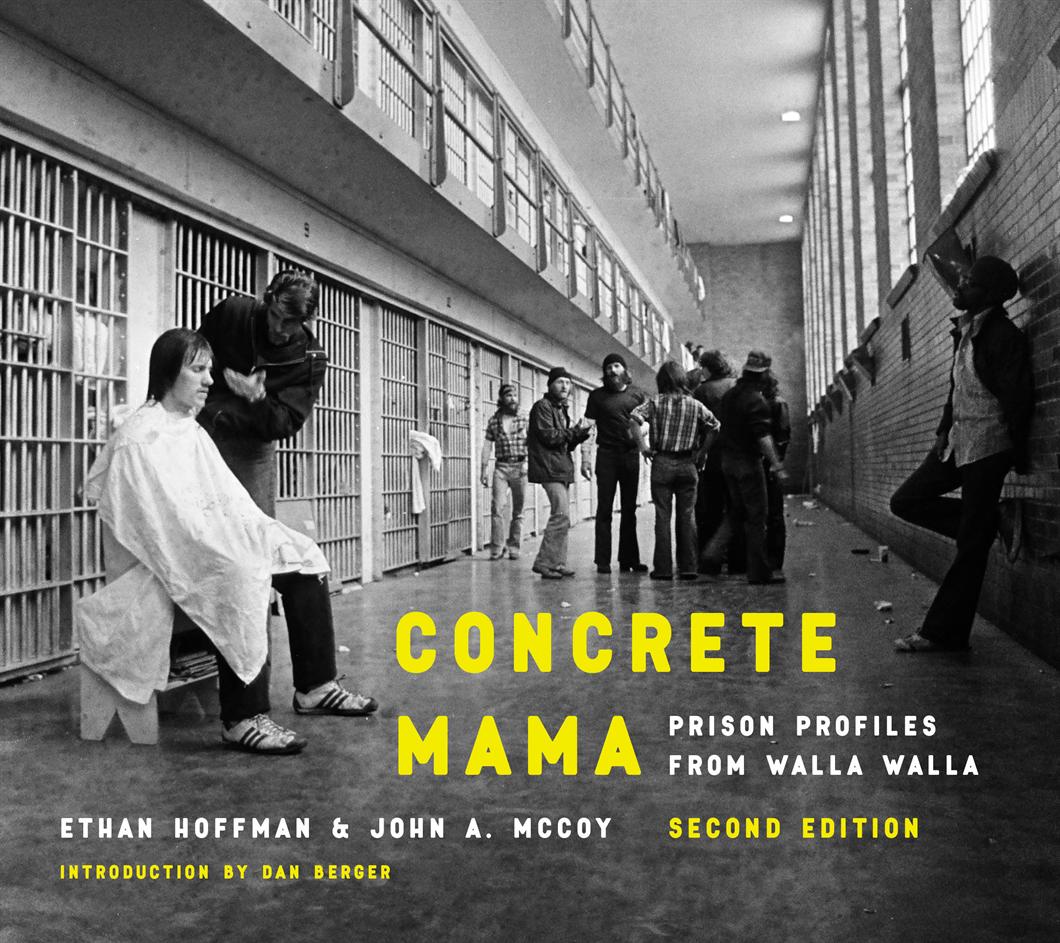
A selection of photos from the book and publications from the archive will be displayed at the launch event on Jan. 22 at 5:30 p.m. in the North Creek Events Center. The event will include a panel discussion featuring Berger and McCoy. Mead also is scheduled to appear on the panel with another prison activist, Mark Cook; UW student Gerard Boseman; and independent journalist Amani Sawari, a UW Bothell graduate (Media and Communication Studies; and Law, Economics and Public Policy ’16).
